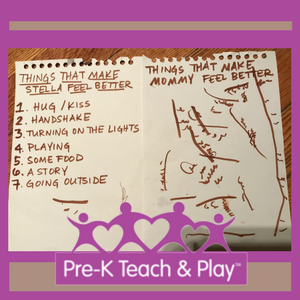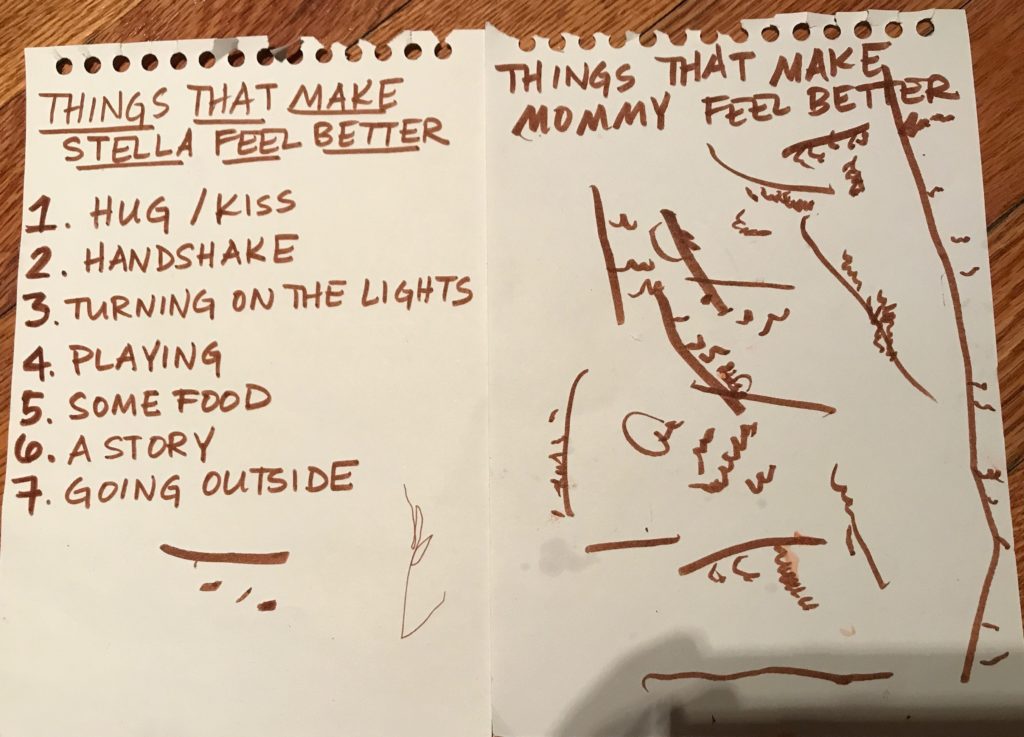 The most effective brain architects are those who understand the impact different stressors have on children’s development and learning. They also know that children need us to help them learn how to become more self-regulated.
The most effective brain architects are those who understand the impact different stressors have on children’s development and learning. They also know that children need us to help them learn how to become more self-regulated.
The following story was shared by a brain architect (aka a mom of an almost three-year-old), who in her own words, precisely describes the scaffolding and support children need to learn critical life skills such as self-regulation, empathy, and compassion.
A few nights ago Stella was having a hard time. She was in full meltdown mode, and after much patience she finally got under my skin. She yelled and I yelled back! After we both calmed down, I remembered something I had read in Joanna Faber and Julie King’s How to Talk so Little Kids Will Listen. I asked Stella if she would like to write a list of things that make her feel better. She was enthusiastic about this idea, so she got paper and I got a fresh marker. She generated the list on the left and I wrote them down.
Some of them surprised me, especially turning on the lights and a handshake!
She read the list over several times and was interested to remember the number associated with each item on the list. Then she left to draw.
A few minutes later she returned with more paper. “Mommy, I help you make a list of things that make you feel better! So when you get upset you can do these things and not be mad!” Point taken. So I told her what makes me feel better (food, shower, fresh air, quiet, hugs, nap) and she wrote the list on the right.
Now both lists are on our fridge as reminders for each of us.
So what can each of us do, to be more like Stella’s mom, and recognize the impact of stressors, reduce the negative impact, and restore children to an optimal state for learning?
Click here to read a blog about how to recognize and discern what children need most from us…even in the middle of a meltdown.
To reduce and restore, try any (or all) of the evidence-based strategies found in this free Pre-K Teach & Play infographic~
